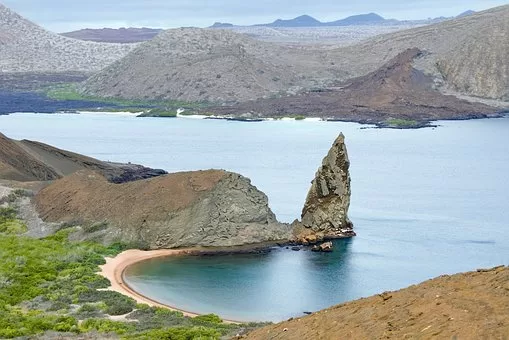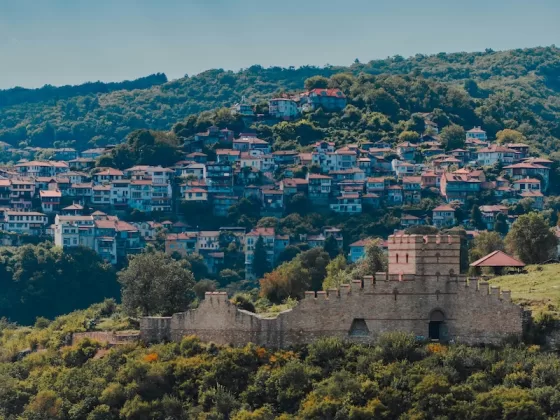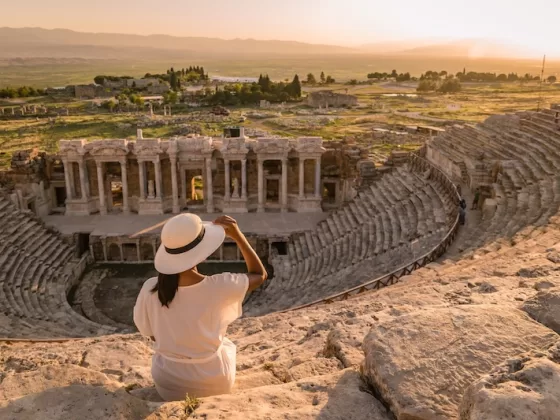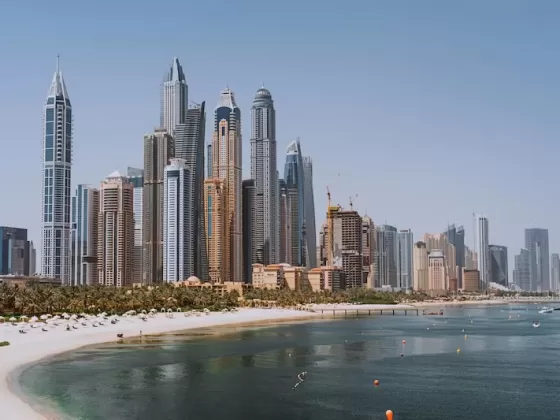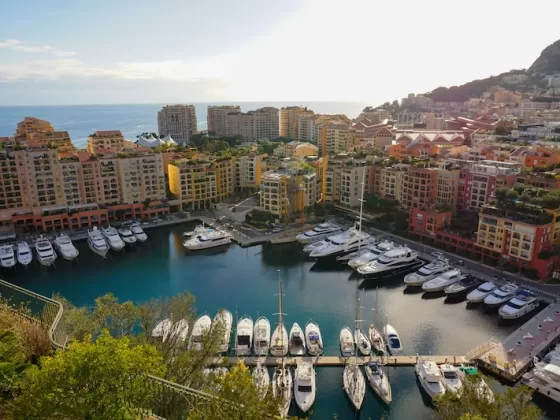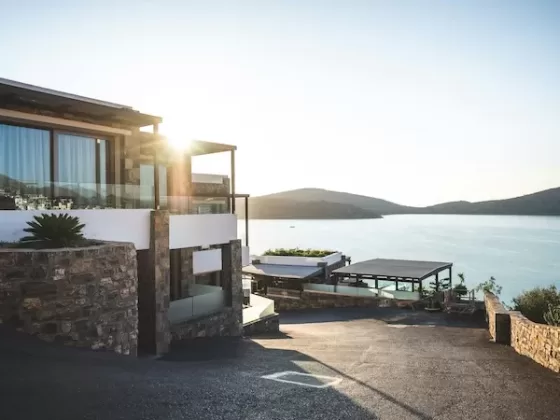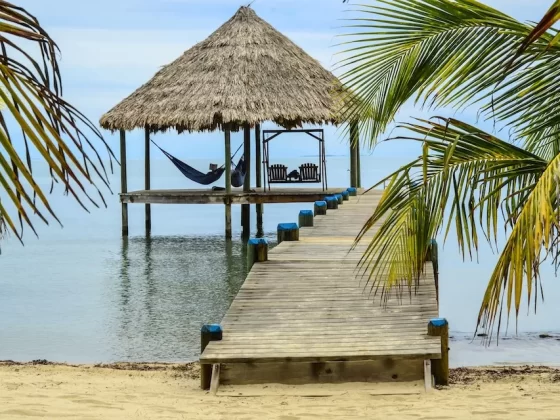Ecuador and Venezuela – The Not So Friendly Skies
Sometimes an article is written not so much to emphasize the central theme, but rather to offer an opportunity to explore the myriad of tangents that can arise from any given story. This is one such article.
Ecuador and Venezuela. Why if you listen to the mainstream Western press, they are joined at the hip. Walking hand-in-hand. You can’t have one without the other. The distorted truth suggests that the Chavist movement in Venezuela, now in the hands of President Maduro, somehow begot the Alianza Pais movement of Ecuadorean President Rafael Correa. While even a brief in-depth review will reveal the inaccuracies in all these assumptions, a recent event drives that point home further and allows us to reflect upon why the misinformation continues to circulate in the first place.
In January, the leading Ecuadorean airline, TAME, announced the temporary suspension of all international flights, between Quito, the Ecuadorean capital, and Caracas, the Venezuelan capital. The reason cited was the failure of Venezuelan authorities to release $43 million USD held in the Central Bank of Venezuela, which rightfully belongs to TAME.
TAME, facing an uncomfortable, but unavoidable, public relations dilemma, assured all passengers of a 100% refund for any tickets held during the time that flights remain suspended. While it was hoped that the matter will quickly resolve, a time certain date could not yet be provided, for the resumption of normal international flights, between the two capital cities.
For TAME, this represented a loss of a valuable and profitable route. Most flights on that route flew at somewhere between 90%-95% capacity. Still, Ecuadorean government authorities were firm that no resumption of the route would continue, until all funds were promptly returned to TAME. So much for the “friendly skies” and “friendly relationship” between Ecuador and Venezuela.
Now, I don’t wish to vacate one erroneous and extreme position, for another. This is not the cataclysmic end to current, or future, Ecuadorean-Venezuelan relations. I will leave such inaccuracies and hyperbole to the mainstream media. It does, however, beg the question, “What happened to the supposed unified and lockstep Ecuadorean-Venezuelan relationship?”
The answer to the rhetorical question may border on the glib, for a candid opening on the subject leads one to the simple conclusion that absolutely nothing has happened. The issue does not lie in this not so friendly skies development, but in the erroneous broader categorization of this relationship by the mainstream media, of the much more complex Ecuador-Venezuelan dalliance.
Ecuador and Venezuela produce oil. Each is reliant on the same for economic progress, at this stage of economic development within each country. They are kindred spirits, bound together by a common cause – oil! It was natural that they should drift together. The now-deceased former President of Venezuela, Hugo Chavez, viewed Latin America as an independent and distinct entity from the influence of the once colonial powers of the region. Ecuador’s current President, Rafael Correa, embraces that independence. There was a basis for the commonality that some sought to distort.
However, the real question arises in what interest can the mainstream media have in distorting a few simple points of commonality, into what has been an incessant seven-year campaign to almost blur the lines of sovereignty between Venezuela and Ecuador? An assertion clearly disproven by the TAME affair. That is the real question that this storyline begs.
It would seem that Venezuela in the past and Ecuador presently attracted a reasonable amount of USA, Canadian and European capital. While occurring to varying degrees, all three aforementioned regions are seeing an exodus of capital from their respective nation-states. Nations do not take the loss of capital lightly, hence why capital control measures have been routinely implemented throughout history. However, most acknowledge that overt capital control measures are draconian. More “sophisticated” nations have found more palatable and “clever” ways to disguise capital controls. One such way is through media generated fear, which causes fleeing capital to hesitate…well…fleeing, for fear that they could be jumping from the frying pan into the fire.
One can see evidence of the aforementioned when the mainstream media lumps in Ecuador with Venezuela. Today’s economic darling, Ecuador, does not seem so attractive to foreign capital inflows if the illusion can be presented that someday…that elusive “someday”, Ecuador will devolve into “Venezuela junior”. Yet no evidence exists of this being reality. While commonalities of interest exist, the differences outweigh the similarities.
A genuine review of those differences requires a scope much beyond this simple overview article. However, the background of President Correa and the once leader of the Chavist movement in Venezuela, Hugo Chavez, could not be more different. Correa is a classically trained economist, educated in the state of Illinois, USA. Chavez was a soldier, lacking the same depth of educational training. While both men love inciting loyalty and fervour via fiery speeches, Chavez carried those words through into direct, unaltered action, while Correa evolves a much more centrist, pragmatic course of action, when implementing policy, rhetoric aside. Chavez intimidated the opposition, while Correa often publicly embarrasses them with the simple presentation of side-by-side fact, as to what was said by the opposition and the reality of the situation. A much more gentle, even if punishing rebuke, than the aggressive intimidation tactics of Chavez. The list goes on.
In short, there is a myriad of significant differences that separate the unique sovereignty of the Ecuadorean government and leadership, from that of Venezuela. Sometimes it takes an event – the TAME incident – to provide a reminder that these are two independent nation-states, sharing some common bonds and exhibiting some clear differences. No robotic, lockstep unison as oft distorted in the mainstream media. Just two nations, attempting to create their own unique and independent path. One, Ecuador, a shining example of success and the other, Venezuela, facing some serious hardships and challenges from policy initiatives not as well thought out as those implemented by President Correa in Ecuador.
As for the mainstream media’s apparent desire to cloud the unique and separate evolution of Ecuadorean and Venezuelan political policy, it is up to each reader to reach their own conclusion. However, debt in the USA, much of Europe and Canada are all careening towards historical highs, while economic engines in all three regions stall, at the precise moment that social welfare programs have hit new zeniths. Historically, this scenario is the perfect recipe for “capital flight”. Perhaps a “gentle nudging” is in order to create fear and keep that capital at home. For the more adventuresome and open-minded, come discover Ecuador. Place boots on the ground and reach your own unfiltered conclusions. I think you will be pleasantly surprised.
Here is probably the most extensive ebook on Everything You Ever Wanted To Know About Eliminating Your Taxes, Protecting Your Assets And Regaining Privacy Over Your Life And Investments. It is called The Ultimate Guide To Going Offshore.
I hope you enjoyed reading this article: Ecuador and Venezuela Relations. If you have any questions, please contact our office HERE.
